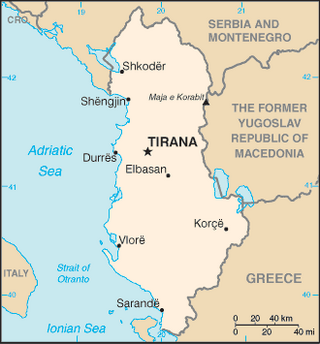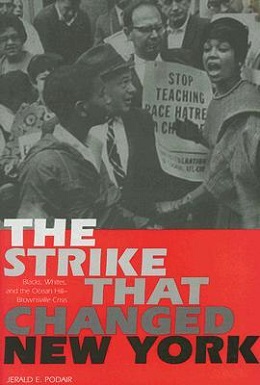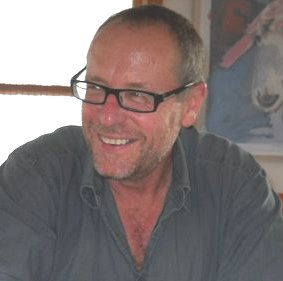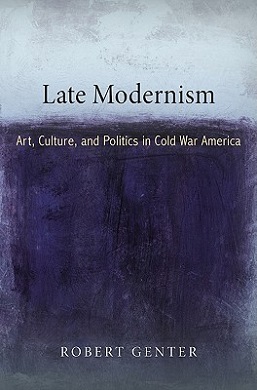
William Foxwell Albright was an American archaeologist, biblical scholar, philologist, and expert on ceramics. He is considered "one of the twentieth century's most influential American biblical scholars", having become known to the public in 1948 for his role in the authentication of the Dead Sea Scrolls. His scholarly reputation arose as a leading theorist and practitioner of biblical archaeology.

David Frawley is an American Hindutva activist and a teacher of Hinduism.

Martin Litchfield West, was a British philologist and classical scholar. In recognition of his contribution to scholarship, he was appointed to the Order of Merit in 2014.

Samaria was the capital city of the Kingdom of Israel between c. 880 BCE and c. 720 BCE. It is the namesake of Samaria, a historical region bounded by Judea to the south and by Galilee to the north. After the Assyrian conquest of Israel, Samaria was annexed by the Neo-Assyrian Empire and continued as an administrative centre. It retained this status in the Neo-Babylonian Empire and the Achaemenid Persian Empire before being destroyed during the Wars of Alexander the Great. Later, under the hegemony of the Roman Republic and the subsequent Roman Empire, the city was rebuilt and expanded by the Jewish king Herod the Great, who also fortified it and renamed it "Sebastia" in honour of the Roman emperor Augustus.

This is a list of books in the English language which deal with Albania and its geography, history, inhabitants, culture, biota, etc.
Suzanne L. Marchand is an American intellectual and cultural historian of modern Europe. She is the Boyd Professor of European Intellectual History at Louisiana State University.
Jagdish Mehra was an Indian–American physicist and historian of science.

The Strike That Changed New York is a history book about the New York City teachers' strike of 1968 written by Jerald Podair and published by the Yale University Press in 2004.
Zine Magubane is a scholar whose work focuses broadly on the intersections of gender, sexuality, race, and post-colonial studies in the United States and Southern Africa. She has held professorial positions at various academic institutions in the United States and South Africa and has published several articles and books.
Maxine Deloris Jones is an American historian. She is a professor of history at Florida State University. Jones co-authored a book on African American history in Florida and another on Talladega College. She was the principal author of a report on the Rosewood Massacre for the Florida Legislature.
Eric D. Weitz was an American historian.

Dror Ze'evi is an Israeli historian who studies political, social and cultural history of the Ottoman Empire, Turkey and the Levant.
Maya Shatzmiller is a historian whose scholarship focusses on the economic history of the Muslim world. She became a Fellow of the Royal Society of Canada in 2003. She received her PhD from the University of Provence in 1973, and was a visiting scholar at the Institute for Advanced Study in 1992. Shatzmiller is a professor of history at the University of Western Ontario.
Virginia DeJohn Anderson is an American historian. She is professor of history at the University of Colorado Boulder and the author of three books: New England's Generation: The Great Migration and the Formation of Society and Culture in the Seventeenth Century, Creatures of Empire: How Domestic Animals Transformed Early America, and The Martyr and the Traitor: Nathan Hale, Moses Dunbar, and the American Revolution.

Late Modernism: Art, Culture, and Politics in Cold War America is a 2010 intellectual history book by Robert Genter. The author analyzes the history of thought in the postwar United States through prominent scholars, from literary critics and painters to sociologists and public intellectuals.
Christopher Read is a British historian of the Soviet Union.
Susan Kingsley Kent is a professor emerita in Arts & Sciences at the University of Colorado Boulder and the Chair of the Department of Religious Studies. Her specialty is British History, with a focus on gender, culture, imperialism, and politics. Kent has authored Making Peace: The Reconstruction of Gender in Interwar Britain, as well as Sex and Suffrage in Britain, 1860-1914 and Gender and Power in Britain, 1640-1990 in addition to other books. She has also co-authored books, including The Women's War of 1929: Gender and Violence in Colonial Nigeria with Misty Bastian and Marc Matera.

Sarah Marjorie Savage Pearsall is an American historian specialized in the history of North America between c. 1500 and c. 1800. She is a professor and director of undergraduate studies at the Johns Hopkins University Zanvyl Krieger School of Arts and Sciences.
Melissa Rose Klapper is an American historian and storyteller. She is a professor of American and women's history at Rowan University. Klapper has authored books on American Jewish women's history and the history of children and youth in the United States.

Modern Jewish historiography is the development of the Jewish historical narrative into the modern era. While Jewish oral history and the collection of commentaries in the Midrash and Talmud are ancient, with the rise of the printing press and movable type in the early modern period, Jewish histories and early editions of the Torah/Tanakh were published which dealt with the history of the Jewish religion, and increasingly, national histories of the Jews, Jewish peoplehood and identity. This was a move from a manuscript or scribal culture to a printing culture. Jewish historians wrote accounts of their collective experiences, but also increasingly used history for political, cultural, and scientific or philosophical exploration. Writers drew upon a corpus of culturally inherited text in seeking to construct a logical narrative to critique or advance the state of the art. Modern Jewish historiography intertwines with intellectual movements such as the European Renaissance and the Age of Enlightenment but drew upon earlier works in the Late Middle Ages and into diverse sources in antiquity.










